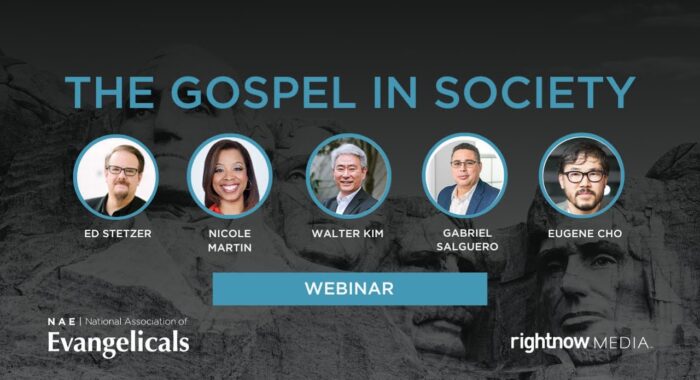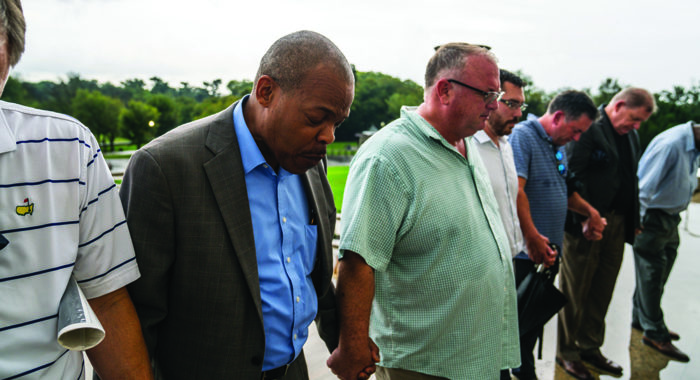Doctrinal distinctives don’t divide evangelical churches and Christians like they used to. Instead, evangelicals are focusing on the majors as non-essential beliefs fade to the background, said evangelical leaders in a recent survey.
“Evangelicals across the denominational and non-denominational spectrum find much to agree on and much work to do together,” said Leith Anderson, President of the National Association of Evangelicals (NAE). “We have grown closer over the last 25 years.”
The October Evangelical Leaders Survey reports that 84 percent agree that American evangelical churches and Christians are less divided over doctrinal distinctives than they were 25 years ago.
Randall Bach, President of Open Bible Churches, said, “Maturing has been occurring among evangelicals in that we increasingly choose to emphasize what unites us while respectfully recognizing that our differences do not have to divide us.” Some respondents shared specific examples of cooperation across doctrinal lines.
Many leaders believe this shift is due to increased distance from mainstream culture. “As our culture has become more secularized and less Christianized, many Christians are concerned to stand with other Christians to advance the gospel. The gospel and the Christian doctrinal consensus are more important than our differences,” said Roy Taylor, Stated Clerk of the Presbyterian Church in America.
Some leaders also think evangelicals today are less familiar with what the denominational distinctions are. Philip Ryken, President of Wheaton College, said that evangelical churches generally give less attention to theology than they did in the past.
Ron Hamilton, Conference Minister of the Conservative Congregational Christian Conference, continued, “Evangelical Christians are generally less astute on theological matters than the previous generation.”
Anderson expressed the hope that evangelical unity amid diversity will be a model for the nation. “While our country is increasingly polarized on political, socioeconomic and ideological grounds, evangelicals have found a way to come together bridge their differences,” he said.
The Evangelical Leaders Survey is a monthly poll of the Board of Directors of the National Association of Evangelicals. They include the CEOs of denominations and representatives of a broad array of evangelical organizations including missions, universities, publishers and churches.



 View All Surveys
View All Surveys 




























